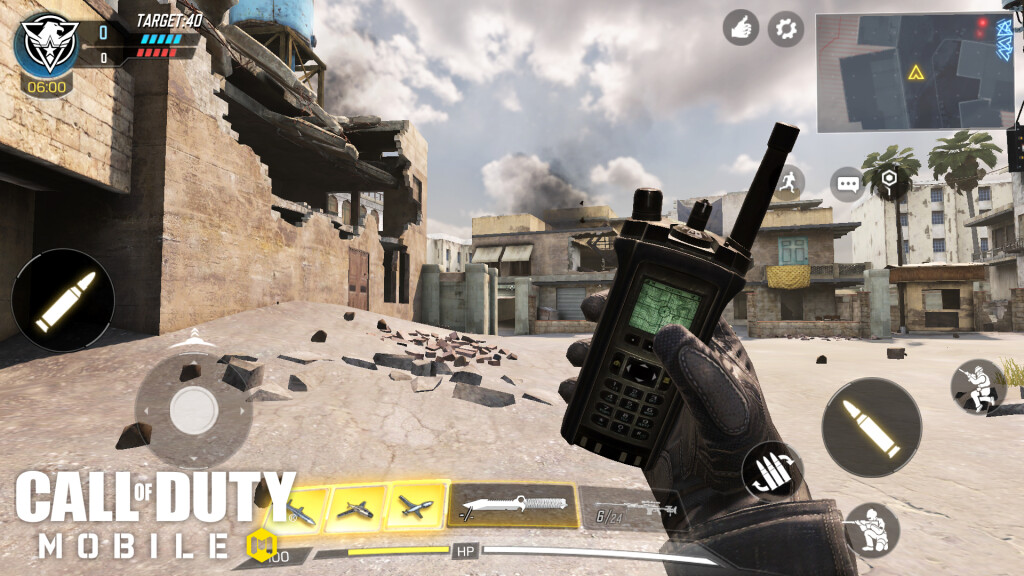
In 2007 Arin was seven years old and his brother, Viraj, was five when they left their hometown to seek asylum in Hong Kong because their mother’s life was in danger. They were too young to know why they were leaving the Punjabi city of Amritsar or where they were going. “Maybe for a better future, but I didn’t know why my mother left home when I was little,” Arin says.
Viraj’s first impression of his new home was the lack of noise. “Hong Kong is quieter than Amritsar.” Also, India’s Punjab region is mostly flat, expansive farmland and Hong Kong’s steep hills proved a challenge for the two youngsters. The beginning of their story here sounds like the story of immigrants anywhere. Having no friends initially and struggling with the linguistic and cultural differences, they remember that teachers were nice to them at school and they felt welcome. As they became more fluent in Cantonese (and eventually mastered a total of six languages) they were able to make friends and associate with the local culture through music, television, and social media. “We had seven or eight good friends from Form 1 and we had Chinese friends and others from different cultures,” remembers Arin.
Growing up, Viraj played football with his school friends while, over the years, they became used to climbing the hills of the city together to get to school. They have come to see themselves as children of Hong Kong. Things seemed normal and school life was good, but “outside school we faced many difficulties,” says Arin. “We didn’t have enough money to eat. We usually asked other people for money. In the past, we received $2000 each month. It was not enough for three of us.”
“It was hard. Every month we had to report to Immigration and miss school. It’s good that [the government] gives us things, gives us money for rent and food. But it is not enough. We once lived in a ‘cube house.’ That was hard for us. It was a very small place.” The two siblings lived with their mother in a 100-square foot room in a subdivided flat, meaning that there was just enough space for a bed within the plywood walls. They shared a kitchen and bathroom with seven other tenants in their subdivided unit. They rented this “cube” for $4000 a month.
“We are glad that time is over. Now things are better.” The network of refugees and NGO’s in place to assist them has gone some way in meeting the needs of people whose are, as a matter of policy, neglected by the government. “In secondary school, we got some help from other people and had some pocket money to spend each week.” After thirteen years, these young adults in asylum must come to term with their harsh reality compared to the options enjoyed by their former resident classmates.
While the additional aid eases some of the stress of daily life, the legal restrictions of their refugee status define the limits of their aspirations and hopes for the future. Since graduating in January of 2020, they have been spending most of their time at home “because there’s nothing to do.” Today some of their friends are working, others went to university, but the brothers cannot think far ahead in the future. Even if they could afford it, they would not be allowed to work after furthering their studies. Since their mother requested asylum protection in 2007, the brothers are legally defined as illegal immigrants and, thirteen years later, their lives remain frozen in place while time moves forward.
“I want to teach young children someday, like in kindergarten,” Arin says. “Maybe in the future I will continue my studies. But not now. Now I just stay home because there is nothing to do.” Like many young Hong Kongers, he loves online gaming. He stays up until four in the morning on most nights playing Call of Duty or PUBG because he dreads waking up in the morning. Days are long when you have nothing to do, even longer when you cannot study or work like their resident friends. For Arin, Viraj, and other second-generation refugees, each day is a repetition of the one before and any attempt to change this is met with severe consequences. “We are not allowed, but if we tried, we could get a job,” one claims, acknowledging that if arrested it would mean 15 months in prison and a criminal record.
Despite the hardships, it’s remarkable to note that Arin and Viraj have nothing but positive things to say about Hong Kong. “Yes, I like the place. It’s good. The people here are nice and I am really glad that I learned Chinese and made some Chinese friends.” There is even the lingering sense of optimism and gratitude commonly felt by many immigrants: “My mother changed our lives. If we were in India, we would be nothing,” said Arin, affirming that his mother made the right decision for them. They ask only to be allowed the dignity to live and work and the recognition of their basic rights as human beings.
When asked if they want to return to India, Arin said, “of course, I want to go back to India someday to visit my grandparents and my family. But I cannot go until immigration lets us go. They should let us go to our home countries and come back but they only allow us to leave if we never come back.” Hong Kong is their home. If they cannot come back, they will not leave.
(written by Pedro Cortes)
Arin and Viraj are available for interviews and presentations at schools and universities.
For bookings please email info@refugeeunion.org


